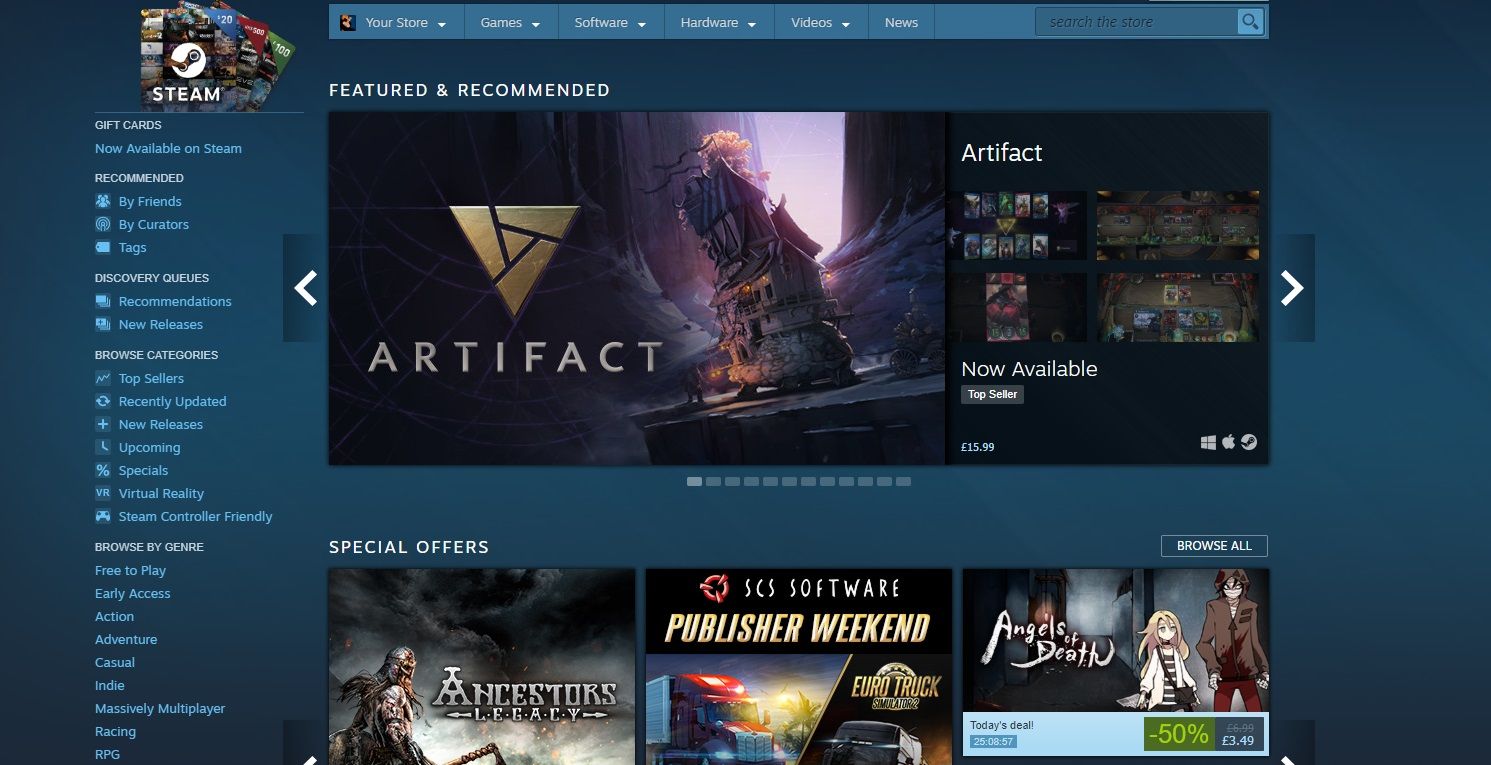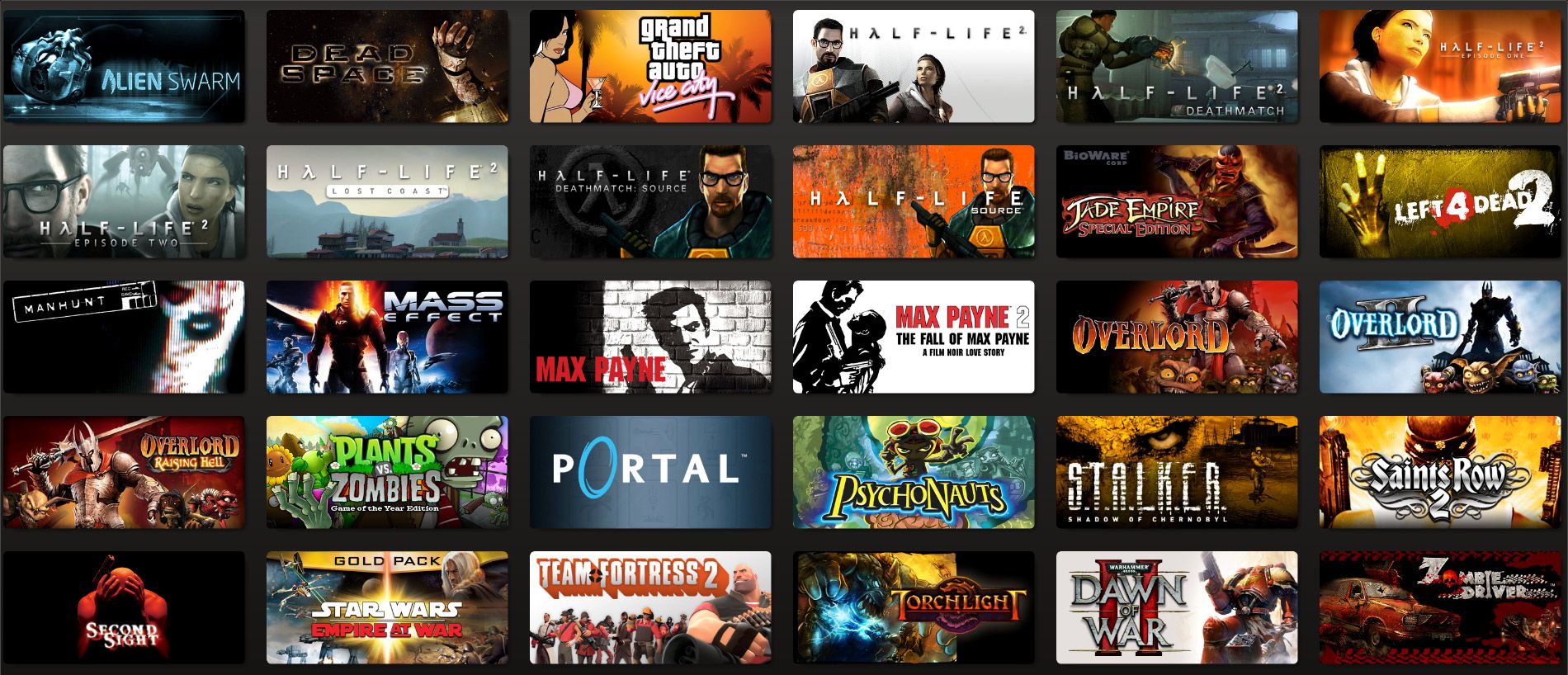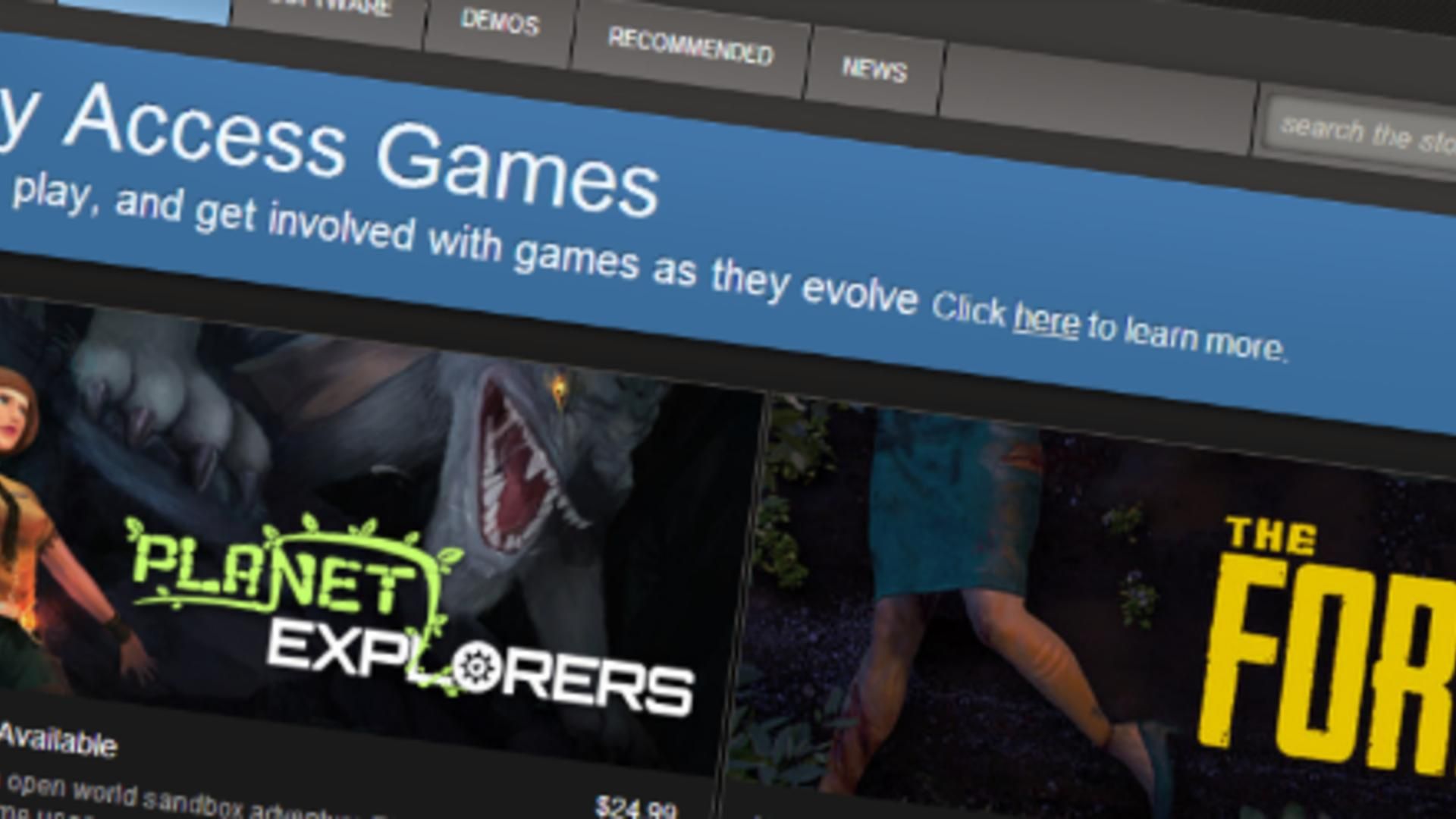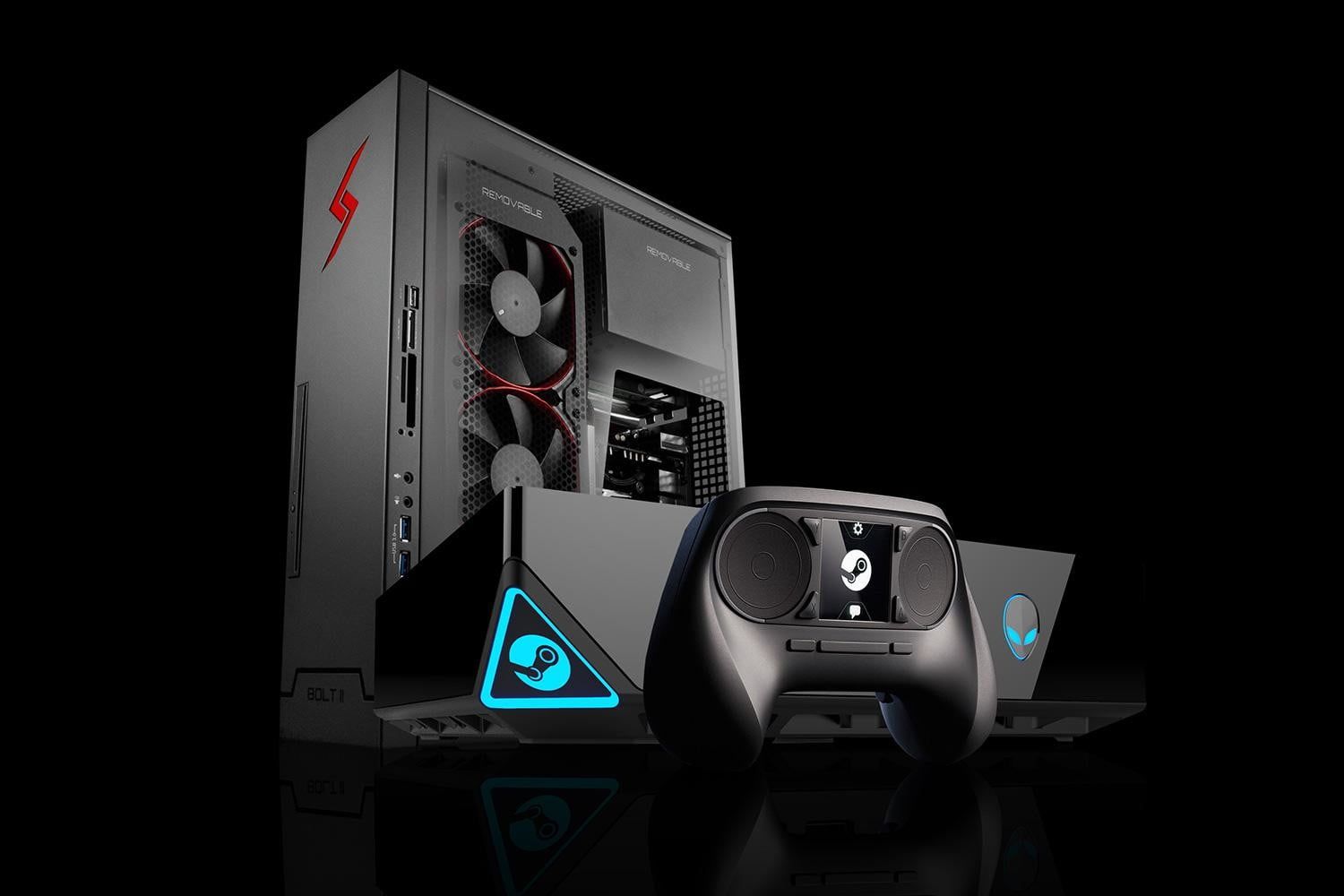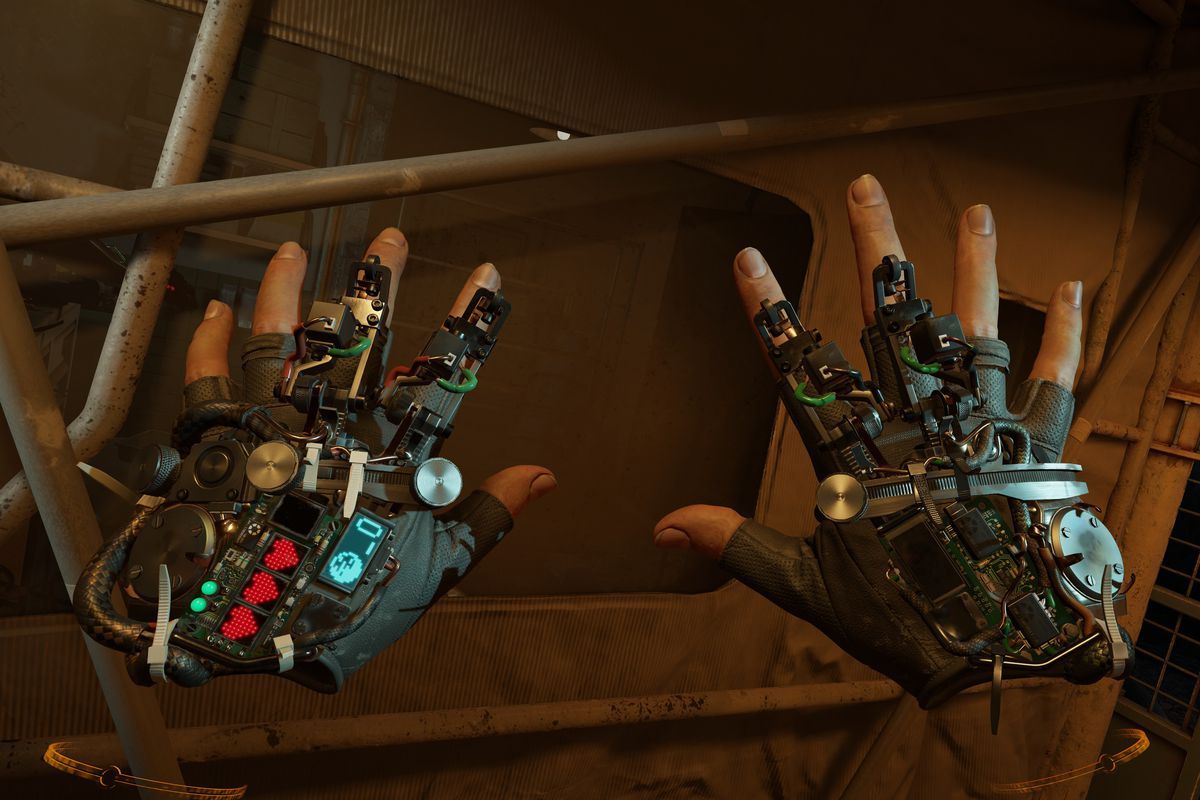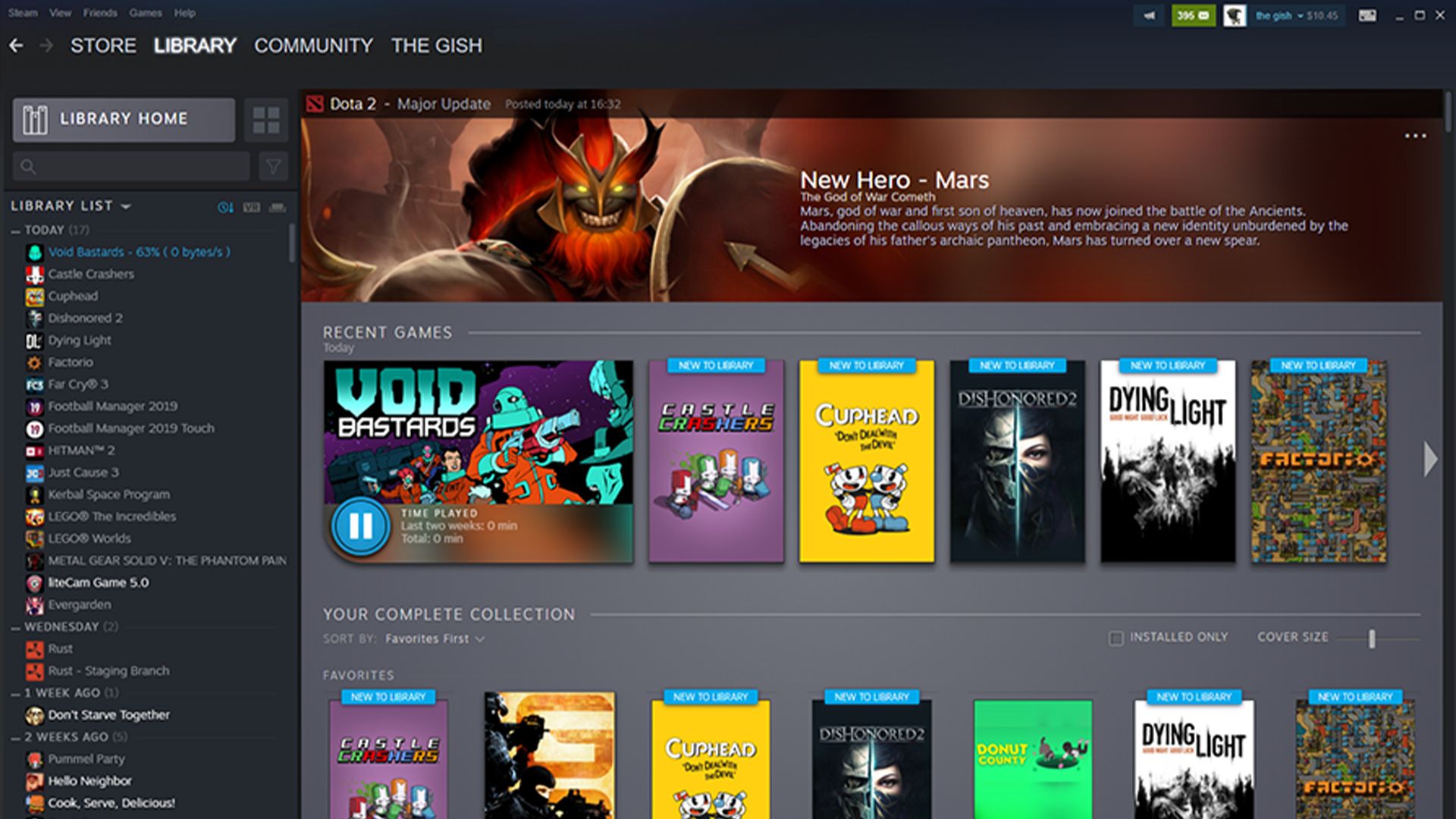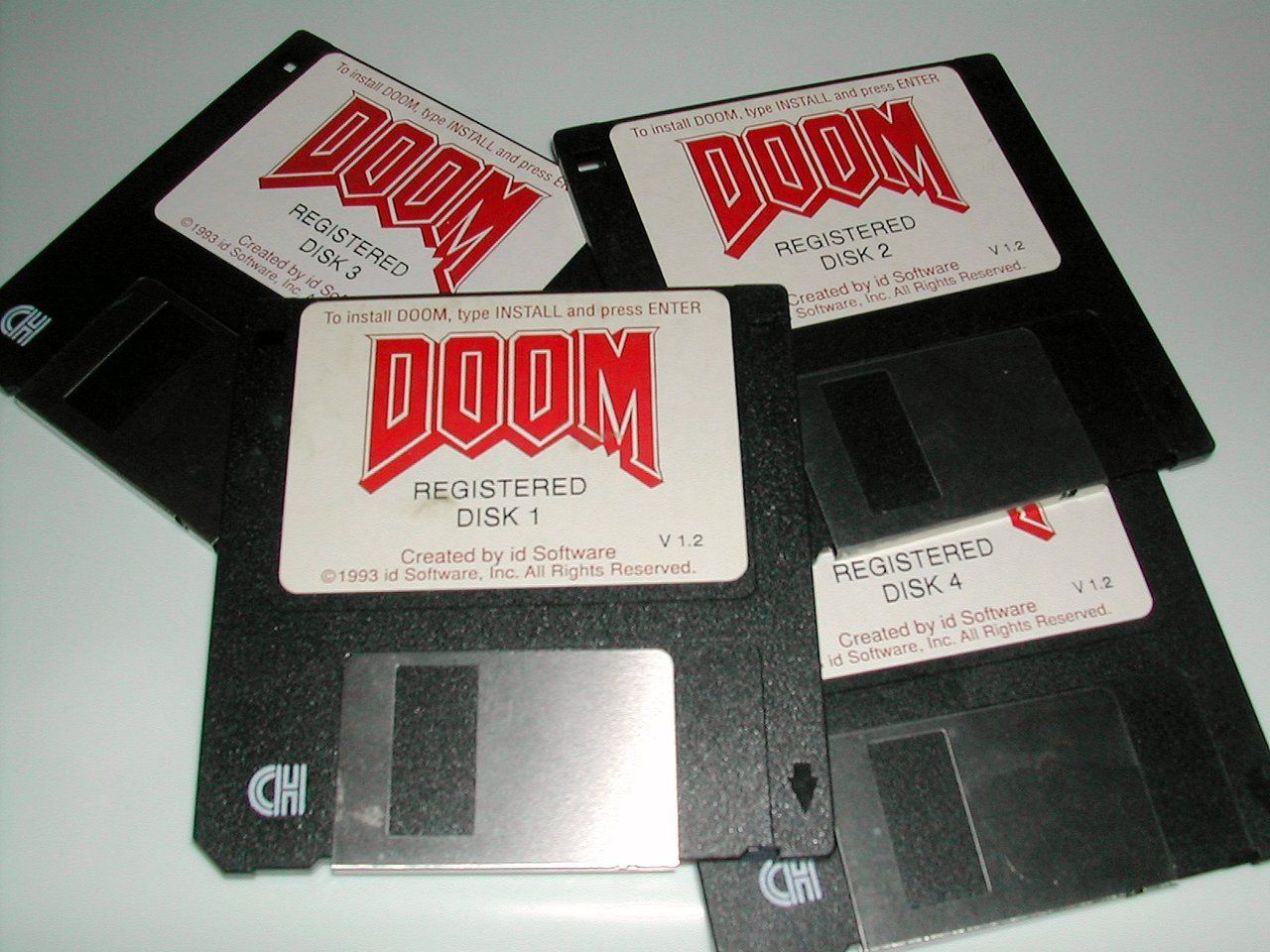Love it or hate it, few PC gamers can deny that Valve's Steam platform has done a ton of good for the community. They've introduced a ton of new, innovative features over the past ten years, and, while it may not be immediately apparent, the service's contributions to gaming over the past decade are remarkable.
Valve didn't have a perfect decade, and issues involving things like Early Access and the treatment of smaller developers haven't gone unnoticed. That said, the PC gaming scene would be in a very, very different place were it not for Steam, and it's time to recount all of the ways in which Valve changed gaming during the 2010s.
10 Piracy Reduction
The PC gaming market pre-Steam was a weird wild west wasteland in which piracy was rampant and some games were tough to get a hold of—in some countries, at least.
While this wasn't the case for most territories, Russia and most former Soviet states were tough for gamers for quite a long time. Before Steam, piracy in these areas was often rampant, and the hobby as a whole wasn't nearly as accessible as it is today. We don't mean to insinuate that piracy has been irradicated, but Valve's service made a ton of headway in terms of making gaming a more viable pastime to some.
9 Backwards Compatability On Steam
Backwards compatibility is always a hot topic among gamers. Most of us have massive libraries and backlogs stored up after years of collecting and playing, and it's annoying to have to worry about which machines can and can't play which games after a generation shift.
The PC used to be notoriously unreliable when it came to backwards compatibility, and, for some time, it felt like attempting to run any game older than five or so years was either outright impossible or took hours of troubleshooting. While it hasn't totally remedied the issues, services like Steam and GOG have made game archival relatively painless on PC.
8 Steam Greenlight and Early Access
Initiatives like Steam Greenlight and Steam Early Access have been controversial, to say the least, but gamers often forget about how much good they've done for smaller studios.
For quite a few indie and double-a developers, funding a game or going too long without any reliable sources of income meant that putting a game together was simply too costly or financially irresponsible. Steam Early Access, however, has made it so that devs can sell their game as they continue to develop it, mitigating some of the financial burden. It has been used and abused, as we all know, but it has also helped to bring us hundreds of unique titles which otherwise may not have existed.
7 Emphasizing Community
In 2010, the gaming community was totally different: conversation surrounding games was mostly relegated to obscure forums, YouTube was little more than a collection of Call of Duty commentary videos, and comparatively few internet users had connections capable of playing online games reliably. As such, the concept of a gaming community had yet to truly take off.
Steam, believe it or not, played a major role in that. Rather than acting as a simple online retailer, Steam provided users with a space to talk about, stream, play, and celebrate games. Other outlets may have been more influential, but Steam's contribution to the gaming world in the past decade shouldn't go unrecognized.
6 Split-Screen Gaming On PC
Before Steam, split-screen gaming on the home computer was more or less unheard-of. The traditional mouse and keyboard setup didn't allow for more than one player, and most monitors aren't built with two or more users in mind.
That said, Steam and the popularity of the Xbox 360 controller made couch co-op much more accessible on the platform, and the service is now home to dozens upon dozens of local multiplayer-compatible titles. What's more, Steam now allows players to connect and play local-only multiplayer games online together via Remote Play. It's an unsung feature, but those who still love classic split-screen multiplayer are doubtlessly thankful.
5 Tried To Consolize The PC
Does anyone remember Valve's Steam Machines? No? That's alright, we nearly forgot them, as well.
Back in 2014, Valve had the bright idea to brand a bunch of pre-built PCs from various manufacturers as "Steam Machines" and sold them at a not-insignificant markup. They came bundled with a Steam controller and were intended to be used like a standard gaming console rather than a gaming PC. They still ran on Windows, though, and the Steam OS interface was a bit of a pain.
We may be ridiculing it, but Valve made a valiant attempt to broaden the appeal of PC gaming, which should be commended.
4 Endorsement of VR
Virtual reality has had a rough go of it over the past few years. Though it hasn't entirely faded into obscurity, the prohibitively high prices of some peripherals and relative lack of games has made the concept unattractive to most consumers.
Valve, however, seems to be all in on the idea. In 2016, Steam introduced "The Lab," a free tech demo of sorts for VR players, and they also introduced a virtual reality hangout space which helped to simplify the use of these sets outside of games. They also launched their own VR headset, Valve Index, in 2019m, and 2020 will see the release of Half-Life: Alyx, their first full-length VR game.
3 Made DRM Likeable
For most gamers, DRM was and still is a tainted term. Known as digital rights management, it's a method developers and publishers use to prevent their software from being pirated.
It can take many forms, and Steam and its ilk certainly count as such. Valve, however, got away with it by offering deep discounts regularly and keeping any particularly-restrictive or consumer-unfriendly security measures to a minimum. Plus, Steam accepts just about everyone and operates as a complete marketplace, whereas less successful services like EA's Origin or Ubisoft's Uplay typically sell nothing but first-party titles and, as a result, feel unnecessary.
2 The End of Physical Media
Console gamers are currently rallying against the disappearance of physical media, and most are worried about what the onset of the game streaming age could mean for consumers. PC gamers, however, are by and large used to the absence of physical media.
Steam more or less made it so that physical discs aren't just outdated, they're downright unfashionable. It's gotten to the point where most newer PC builds won't even include optical drives at all. There may be a few physical media stalwarts out there, but, for the most part, the past decade has seen a major uptake in digital sales across the board, but particularly on PC.
1 Steam Sales
Hands down the most important advent to come about in the past ten years has been Steam's incredible sales. With games regularly discounted and hundreds upon hundreds of quality titles frequently available for pennies on the dollar, Steam has made PC gaming more accessible than it has ever been.
On top of that, bundles, free weekends, and other promotions have ensured that Steam remains one of the most consumer-friendly DRM services of all time. Plus, with the help of sites like GreenManGaming and Humble Bundle, one could build a sprawling Steam Library without forking over an inordinate sum of money.


